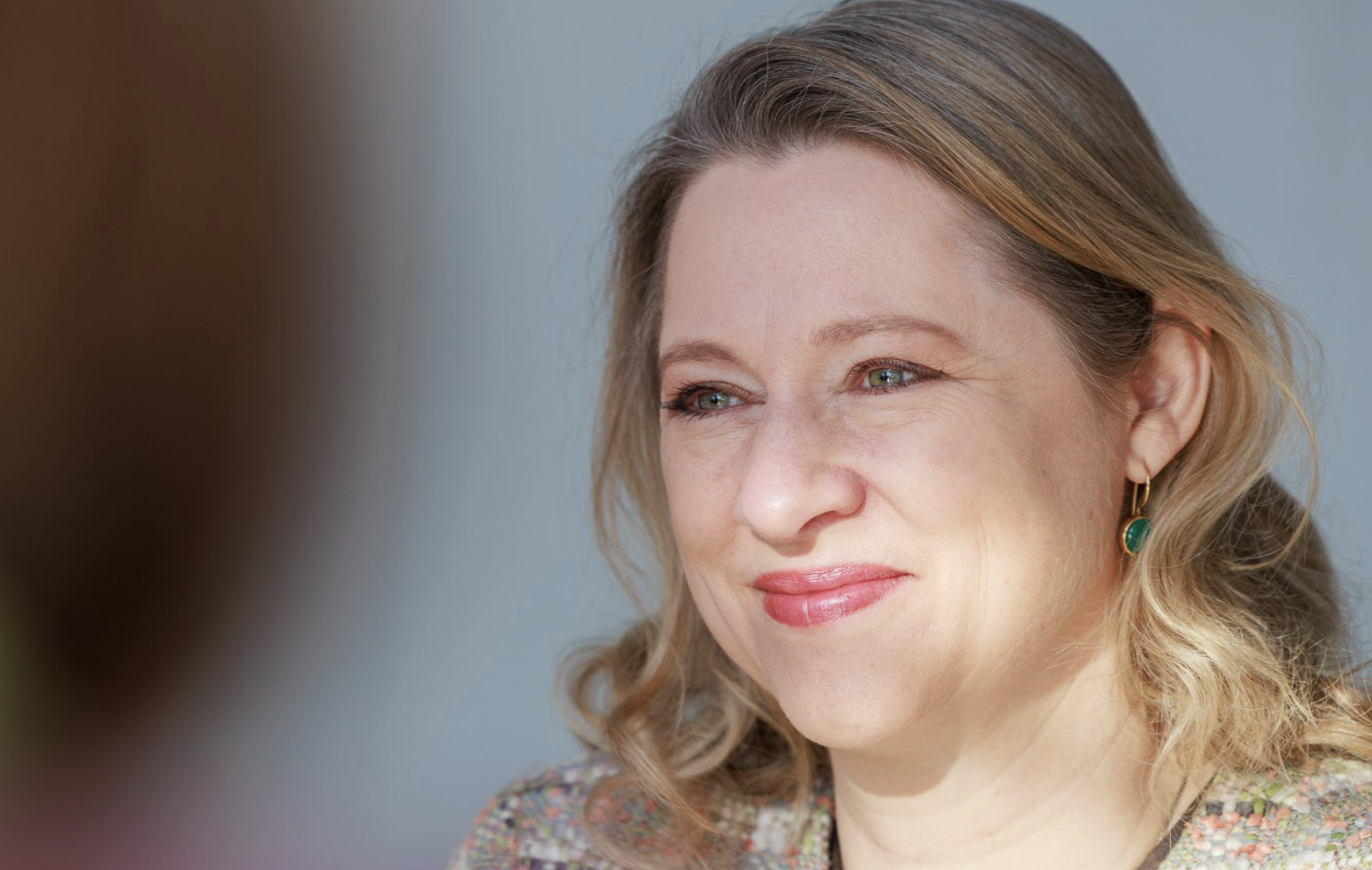Denmark’s historic 10-year psychiatry plan boosts funding by 35%, focuses on early, local treatment, expands care for youth, reduces coercion, and integrates social support. Legal guarantees aim to cut waiting times. Major improvements are planned, but change will be gradual.
Denmark has reached a historic, cross-party agreement in the Folketinget to address the longstanding underfunding of its psychiatric care system. The newly signed “Agreement of a ten-year plan for psychiatry (2020-2030)” aims to provide a substantial and sustained increase in resources, with state funding rising by €354 million by 2030, a 35% increase compared to 2019.
The phased funding will start with €27 million in 2025 and ramp up to €200 million annually by the decade’s end, surpassing past commitments and extending beyond 2030. Key reforms focus on earlier intervention and local treatment for psychiatric patients, raising the quality of care, reducing waiting times, and providing seamless care pathways. Crucially, the agreement establishes a new legal right for children and young people, mandating that assessment must begin within 30 days and treatment within 60 days of referral, to prevent them from being bounced around the healthcare system.
The agreement also highlights the need to expand capacity in child, adolescent, and social psychiatry, as well as linking psychiatric care more closely with social services to help patients avoid marginalisation. In terms of coercion, while highly restrictive measures like belting will be reduced, new, less intrusive options are being introduced, reflecting a balance between patient protection and necessary intervention. Danish ministers and patient advocates alike stress that although this is a significant step forward, real change will require sustained development and patience as improvements are gradually realised.


